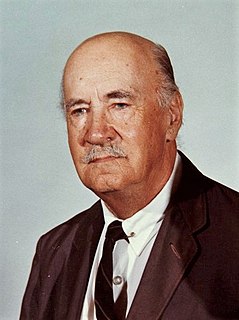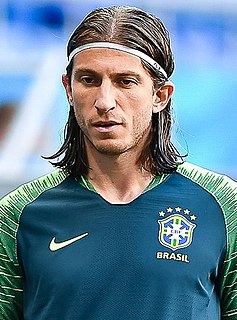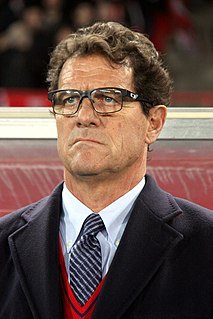A Quote by Patrick Lencioni
Teamwork requires some sacrifice up front; people who work as a team have to put the collective needs of the group ahead of their individual interests.
Related Quotes
There are plenty of teams in every sport that have great players and never win titles. Most of the time, those players aren't willing to sacrifice for the greater good of the team. The funny thing is, in the end, their unwillingness to sacrifice only makes individual goals more difficult to achieve. One thing I believe to the fullest is that if you think and achieve as a team, the individual accolades will take care of themselves. Talent wins games, but teamwork and intelligence win championships.
Collectivism holds that the individual has no rights, that his life and work belong to the group (to "society," to the tribe, the state, the nation) and that the group may sacrifice him at its own whim to its own interests. The only way to implement a doctrine of that kind is by means of brute force - and statism has always been the poltical corollary of collectivism.
The achievements of an organization are the results of the combined effort of each individual.
People who work together will win, whether it be against complex football defenses, or the problems of modern society.
Individual commitment to a group effort - that is what makes a team work, a company work, a society work, a civilization work.
Any group or "collective," large or small, is only a number of individuals. A group can have no rights other than the rights of its individual members. In a free society, the "rights" of any group are derived from the rights of its members through their voluntary individual choice and contractual agreement, and are merely the application of these individual rights to a specific undertaking... A group, as such, has no rights.
The team you belong to must come ahead of the team you lead: this is putting team results (e.g., organizational needs) ahead of individual agendas (e.g., the team or division you lead, your ego, your need for recognition, your career development, etc.) Confidentiality is respected downward more than it is respected upward. Organizational alignment is a direct result of this hierarchy (if it were the other way around, organizational alignment would be very difficult to achieve).

































